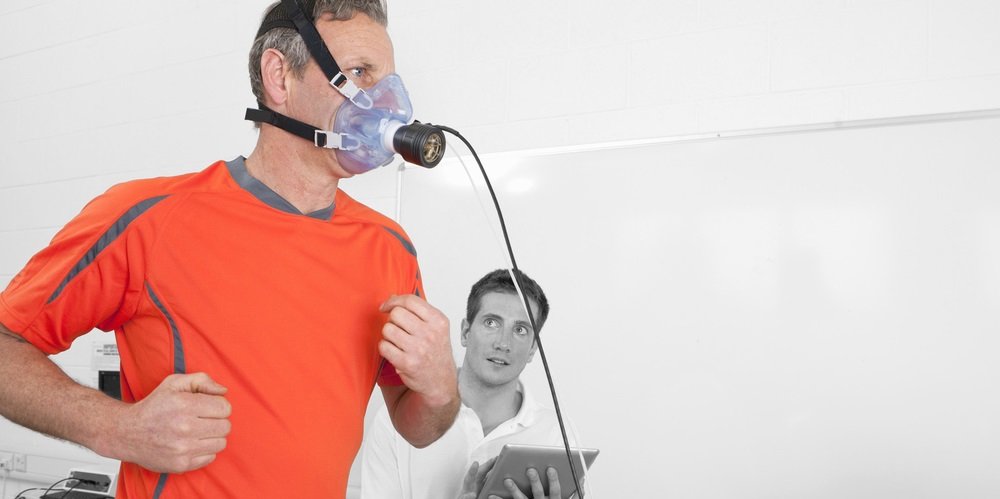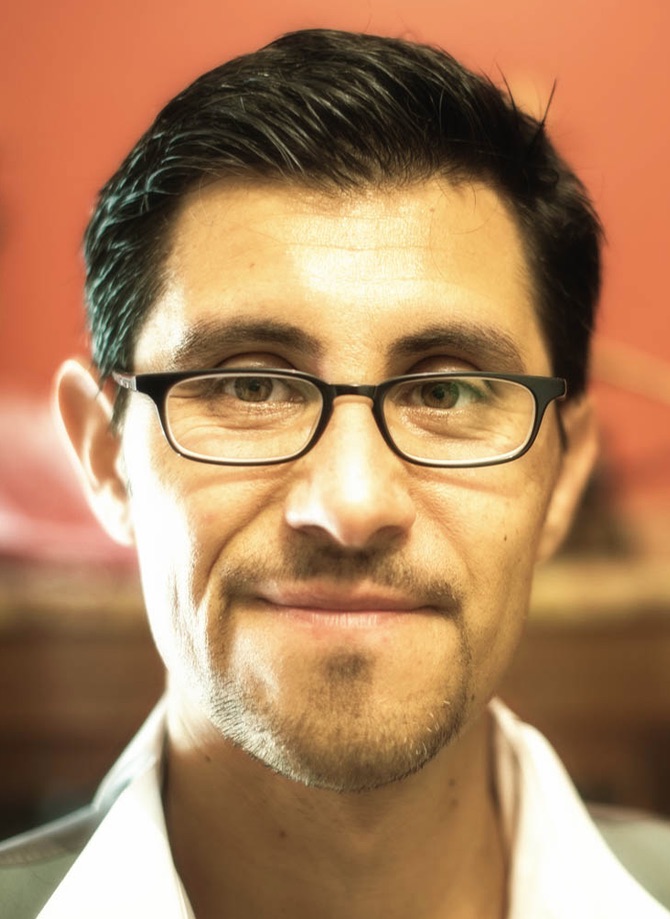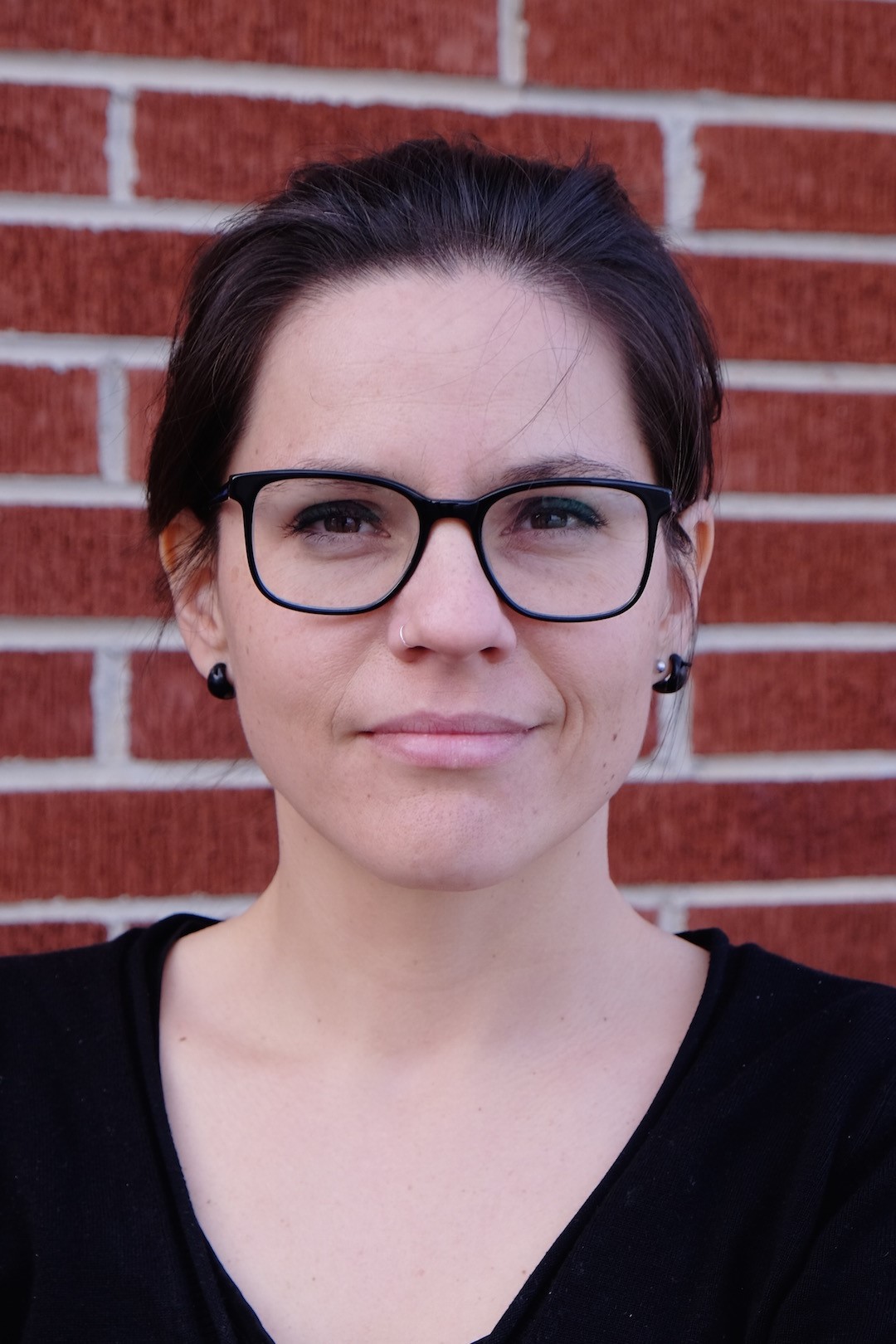HTIC


Presentation by Lara Allet (HES-SO Valais-Wallis)
Title : Habitat Seniors – l’adaptation du logement au grand âge
Abstract
Un nombre important de personnes âgées vivent dans des logements qui ne sont pas adaptés à une diminution de la mobilité ou des capacités sensorielles inhérentes à l’avancée en âge. Cela constitue des barrières pour leur maintien à domicile.
Le projet Habitat Seniors (ADGA, Adaptation Du logement au Grand Âge) vise l’adaptation de logements existants pour favoriser l’indépendance des personnes âgées, améliorer leur qualité de vie et diminuer les risques liés à leur santé, dont les chutes. Ce projet a pour particularité d’être interdisciplinaire ; il associe deux hautes écoles de la HES-SO, la Haute école de Santé Valais Wallis et la Haute école du paysage, d’ingénierie et d’architecture (HEPIA-Genève). Concrètement, les chercheurs ont pour mission d’identifier – à travers 15 interventions réparties dans les cantons de Vaud, Valais et Genève – quelles sont les meilleures possibilités d’aménagements, en tenant compte des aspects techniques, économiques et sanitaires.
Cette démarche ne vise pas à édicter une liste d’interventions standardisées, mais à répondre aux besoins et aux attentes des personnes âgées concernées. Les chercheurs réfléchissent ensemble avec les habitants à un ensemble d’aménagements pertinents et financièrement accessibles qui tiennent compte de leur état de santé, de leur qualité de vie, de leur environnement et de leur indépendance. Les chercheurs se chargent ensuite de piloter la réalisation des travaux et évaluent leur impact sur la santé, la qualité de vie et l’indépendance des habitants.
Program
Link to participate online : HEALTH TECH LUNCH - HABITAT SENIORS - LARA ALLET

Presentation by Dr. Luis Schiappacasse (CHUV)
Title : From bedside to benchmarks : how technological research could improve our clinical outcomes - a radiation oncologist's tale -
Program
 Health Tech Lunch - 16.09.2020, 12h00 - Sierre, Techno-Pôle (Room Maïa)
Health Tech Lunch - 16.09.2020, 12h00 - Sierre, Techno-Pôle (Room Maïa)Presentation by Dr. Daniel Abler (University of Bern)
Title : Image-based Modeling and Characterization of Brain Tumor Growth
Abstract
Brain tumors are a rare condition, but they cause the highest average number of years-of-life-lost among all cancers. Glioblastoma (GBM) is the most frequent and most malignant primary brain cancer in adults. It infiltrates healthy brain tissue, grows rapidly, and is frequently accompanied by compression and displacement of the surrounding tissue. Despite aggressive treatment, GBM patients have a poor prognosis with a 5-year survival rate of only 5.5%.
Tumor-induced compression and healthy-tissue invasion cause many of the symptoms experienced by GBM patients and contribute to its poor treatment outcome.
In this presentation, I will discuss methods for characterizing the growth and biomechanical impact of brain tumors from routine clinical MR-imaging. After providing an overview of existing strategies, I will describe the development and first evaluation of a novel characterization approach that combines image analysis with mechanistic modeling to investigate mechanically-informed biomarkers of tumor growth.
Bio
Daniel Abler studied Physics at the Friedrich-Alexander University of Erlangen-Nuremberg (DE), and at Imperial College London (UK). He received a Ph.D. (2014) from the University of Oxford (UK) for his research on medical applications of high-energy particle physics technologies at the European Organization for Nuclear Research (CERN).
Daniel has a strong interest in computational research that helps to understand disease and treatment, and aims at integrating different types of information into medical decision processes. As postdoctoral fellow at the ARTORG Center for Biomedical Engineering Research of the University of Bern, Daniel has developed, calibrated, and interrogated image-based computational models of various medical conditions and for different body sites.
Daniel’s current research focuses on studying the effects of bio-mechanical forces on the formation and development of brain tumors and possible implications for treatment. In 2017, Daniel was awarded a 3-year Global Marie Skłodowska-Curie Fellowship to investigate this question at the University of Bern (CH) and the City of Hope National Medical Center (CA, USA).
Program
Link to participate online : Click here
 Health Tech Lunch - 23.04.2020, 13h00 - Online (via Microsoft Teams)
Health Tech Lunch - 23.04.2020, 13h00 - Online (via Microsoft Teams)Presentation by Prof. Dr. Mauricio Reyes (Medical Faculty, University of Bern)
Title : AI technologies in Neuroradiology and Radiation Oncology: Challenges and Opportunities
Abstract
In this talk I will talk about the challenges and opportunities of AI technologies for neuroradiology and radiation oncology , starting from the essentials of automated brain tumor segmentation , progress made over the last decade and current status, and through quality control needs in multisequence MRI based segmentation and quality assurance of these technologies, including interpretability of AI systems in radiology.
Bio
Prof. Dr. Mauricio Reyes conducted graduate studies as Electrical Engineering at the University of Santiago, Chile where he was awarded best electrical engineer thesis by the Chilean Institute of Engineers School. Through a Conicyt scholarship, he conducted postgraduate studies to obtain a Ph.D. in Computer Sciences with specialization in Medical Image Analysis from INRIA, France (2006). He is an associate professor at the Artorg Center for Biomedical Engineering Research, of the medical faculty of the University of Bern, and is currently leading the Healthcare Imaging A.I. group at the Insel Data Science Center, of the University Hospital Inselspital. His research focuses on basic and applied machine learning technologies as well as biomedical engineering solutions to improve healthcare through medical image computation technologies. A particular strength of his research has been the emphasis on developing solutions that are designed to be integrated into the clinical workflow. Dr. Reyes has participated in several Swiss National Science Foundation projects, Commission of Technology and Innovation projects, EU-FP7 projects on computational oncology and computational anatomy, and several further projects supported by Swiss foundations. From 2006 he has secured over 7.6M EUR research funds. He has an H-index: 31, has authored over 200 articles, with over 4000 citations. His entrepreneurial work has also led to the creation of one consolidated start-up company.
Program
Link to access the online conference : Health Tech Lunch - Prof. Dr. Mauricio Reyes

Presentation by Dr Tobias U. Hauser (University College London)
Title : Do we need a developmental computational psychiatry?
Abstract
Many psychiatric disorders arise during adolescence, a time when the brain undergoes fundamental reorganisation. However, it is unclear whether and how the emergence of mental health problems is linked to aberrant neurocognitive development. In my talk, I will discuss why it is critical to understand(aberrant)cognitive and brain development if we want to better understand how mental health problems arise. I will present findings showing how psychiatric traits are linked to adolescent brain myelination, and illustrate why computational neuroscience approaches could be important in understanding psychiatric disorders.
Bio
Tobias Hauser is a senior research associate and principal investigator at the Max Planck UCL Centre for Computational Psychiatry and Ageing Research, and the Wellcome Centre for Human Neuroimaging. He is interested in the neurocomputational processes underlying learning and decision making, and how these go awry in psychiatric disorders. Tobias investigates how cognitive biases in obsessive-compulsive disorder (OCD) can help us better understand the neurocomputational mechanisms underlying this disorder. Moreover, he studies the influence of neurocognitive development on the emergence of psychiatric disorders. In his work, he combines neuroimaging, pharmacology, and computational modelling in humans with and without mental health problems. Tobias has received several prestigious prizes in psychiatry, such as the Emerging Leaders Prize in Adolescent Mental Health (2018) and the Kramer Pollnow Award (2017). His work is supported by Wellcome, Royal Society, Medical Research Foundation, Jacobs Foundation, Brain & Behavior Foundation and the Max Planck Society.
 Health Tech Lunch - 10.02.2020, 12h00 - Sierre, Techno-Pôle (Room Maïa)
Health Tech Lunch - 10.02.2020, 12h00 - Sierre, Techno-Pôle (Room Maïa)Presentation by Marion Repetti (Institut de travail social, HES-SO Valais-Wallis, Sierre)
Title : Nouvelles technologies d’information et de communication (NTIC): Opportunités et limites pour le soutien et les soins au sein des familles transnationales.
Abstract
Dans le contexte actuel de globalisation des parcours de vie, les familles sont de plus en plus transnationales. Les personnes émigrent vers d'autres pays pour différentes raisons, y compris la recherche d'une plus grande sécurité économique. Alors que certaines déménagent avec leur famille, d'autres laissent leurs proches––souvent leurs vieux parents et leurs jeunes enfants––dans leur pays d'origine, et se retrouvent par consequent avec une configuration familiale transnationale. Les familles transnationales sont susceptibles d'être séparées par de grandes distances géographiques, ce qui a un impact sur leurs capacité à se rendre visite et à se soutenir mutuellement, y compris à prendre soins les un.e.s des autres. Certes, les familles qui se déploient sur de grandes distances dans un même grand pays––par exemple les États-Unis ou le Canada––peuvent aussi être confronté à des difficultés dans l’organisation des visites et des soins. Mais le transnationalisme ajoute à cette complexité en raison des contraintes administratives et juridiques qui déterminent les droits sociaux des personnes, comme celui d'entrer et de séjourner dans un pays, ou d'accéder à son système de santé publique. En d'autres termes, les members des familles transnationales peuvent rencontrer des difficultés particulières à prendre soins les un.e.s des autres.
Dans une récente étude menée en Espagne et au Costa Rica, je me suis intéressée au cas des migrant.e.s retraité.e.s Nord-Sud, soit des personnes qui quittent leur pays après avoir terminé leur carrière pour s'installer définitivement dans un pays plus pauvre, souvent pour des raisons économiques. L’enquête portait en particulier sur les conséquences de leur migration sur la capacité de ces personnes à apporter un soutien (y compris des soins) à leur famille de manière transnationale. Dans cette présentation, je parlerai de certains résultats qui montrent notamment comment les migrant.e.s retraité.e.s Nord-Sud utilisent les NTIC à la fois pour fournir et organiser le soutien à distance. Je discuterai également de certains des avantages et des limites des NTIC dans ce contexte.
Bio
Marion Repetti est responsable de l'Institut de travail social de la HES-SO Valais-Wallis. Elle mène des recherches sur le vieillissement, les politiques sociales et les inégalités économiques dans le contexte de la mondialisation. En 2015, elle a soutenu une thèse de doctorat à l'Université de Lausanne, où elle a étudié le traitement sociopolitique des personnes âgées en Suisse. Elle a ensuite passé trois ans au Royaume-Uni et aux États-Unis pour travailler sur la migration de retraite Nord-Sud en Europe et en Amérique. Elle a récemment publié un livre sur la sociohistoire de la politique de la vieillesse en Suisse, ainsi que plusieurs articles sur des sujets tels que la migration des retraité.e.s, la grandparentalité transnationale et le risque vieillesse. La migration Nord-Sud des retraités reste son principal sujet de recherche actuel.